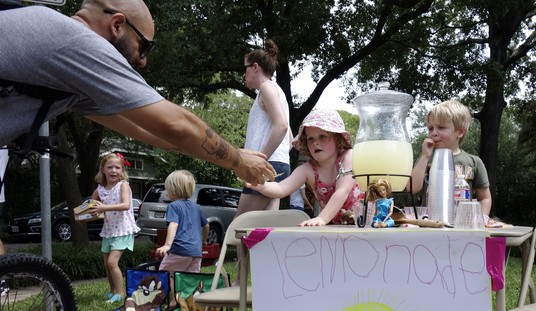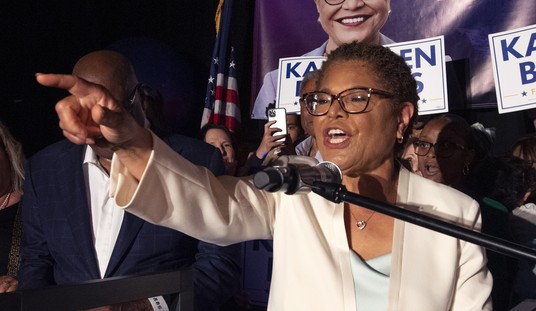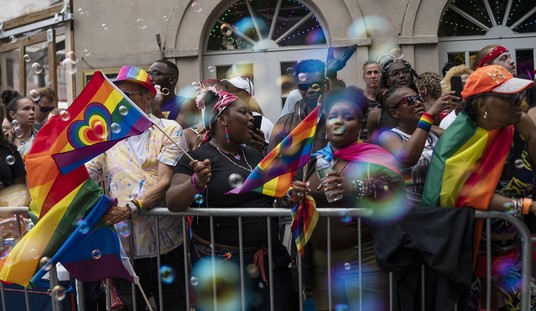One of the first articles I saw circulating around the Twittersphere this foggy Wednesday morning was one from The Punch titled “Serena Williams’ multimillionaire husband babysits as wife returns to court.” My instant reaction, and apparently the reaction of many people who saw the article, was anger.
This anger was accompanied by tweets seeking to correct The Punch for their error, the common theme being “he’s not babysitting, he’s parenting.”
I believe that's actually called "parenting." https://t.co/O5hPUGHHtN
— Brandon Morse (@TheBrandonMorse) February 14, 2018
You misspelled "parents his own god damn child"
— Red Durkin (@RedIsDead) February 13, 2018
Maybe I should just put "babysitter" in my profile instead of "father".
— Mike Williams (@MikeWritesSport) February 13, 2018
While I’m thrilled that so many reacted so negatively to the fact that a father was once again called a “babysitter,” it got me thinking about how the media got to the point where this was the primary way in which to describe a father parenting his children. The only thing I could think up was that this was a sad indication of the minimized role of men in the family unit, pushed continually by popular culture.
Dating back to Archie Bunker, the father has been displayed as a dumb ne’er-do-well whose primary job is to entertain in the same manner a jester would in the king’s court. Meanwhile, the mother is the all-business, highly intelligent leader who always knows best when it comes to the family. Her husband, in many instances of popular culture, may as well be one of the kids too by the way she has to look after him too.
The sad result is that fathers were viewed as somewhat unnecessary to the parenting dynamic. Mothers were the real stars of the show, and fathers were something of disposable bonus. They could be there, or not. Whatever.
While mothers do deserve a standing O for the work they do, fatherhood is typically shrugged off. Pop-culture thought fatherhood was so ancillary that even during days when fathers were supposed to be celebrated like “Father’s Day,” some corporations like Angel Soft completely pushed fathers aside and thanked all the moms for their work. Sites like Jezebel can’t go a Father’s Day without reminding men how horrible they are, and how great mothers — especially single mothers — are.
But the truth is, fathers are an integral part of the parent dynamic, and not some secondary background character in the child’s life. This has been proven with decades of studies that show just how integral the father is to a child’s development.
As Dr. Janice Shaw Crouse, an expert on children’s issues writes:
Official U.S. data shows that 63 percent of youth suicides (5 times the average), 70 percent of youths in state-operated institutions (9 times the average) and 85 percent of children with behavioral disorders (20 times the average) are from fatherless homes. The National Principals Association Report stated that 71 percent of all high school drop outs (9 times the average) come from fatherless homes. Other research reveals that 75 percent adolescents in chemical abuse centers (10 times the average) and 85 percent of youths in prison (20 times the average) come from homes without a father’s presence.
As you can see, the media and popular culture aren’t just harming men and fathers with their depictions of bumbling, careless, or even absent dads. They’re hurting the children.
Dads are not babysitters. They’re one of the most important parts of a child’s life. Men are not bumbling idiots, they’re an integral part of the family unit and society as a whole. The sooner we leave behind this idea that men and fathers are useless, unnecessary parts of the human dynamic, the better off we’ll all be.














Join the conversation as a VIP Member